Results
-
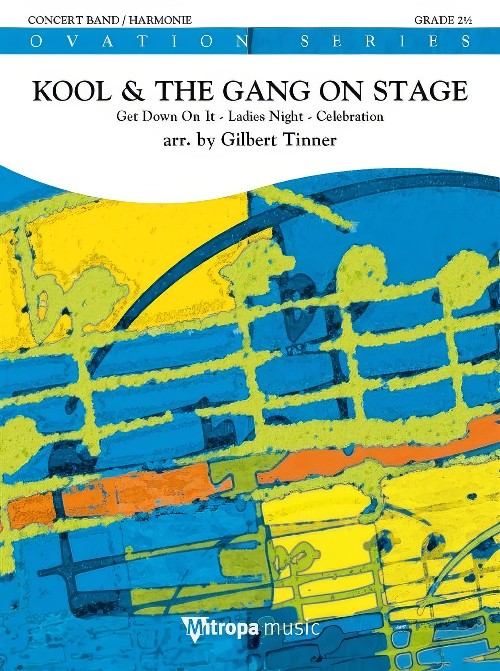 £94.99
£94.99Kool and the Gang on Stage (Concert Band - Score and Parts) - Tinner, Gilbert
Kool & the Gang became very popular globally, and they remain today, one of the best funk and soul bands in the history of pop music. Gilbert Tinner made a medley for smaller and young bands containing the smash hits Celebration, Get Down on It, and Ladies' Night. The instrumentation allows nearly any band to play this arrangement. Guaranteed to get your audience dancing! Duration: 4.15
Estimated dispatch 7-14 working days
-
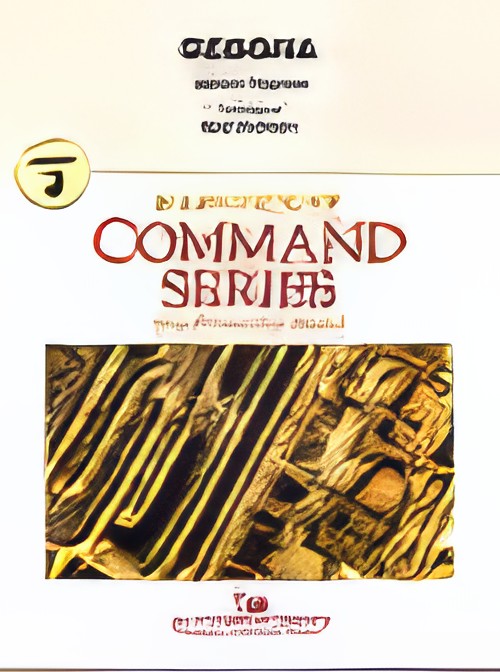 £59.00
£59.00Sedona (Concert Band - Score and Parts) - Reineke, Steven - Romeyn, Rob
Steven Reineke's popular composition "Sedona" has been a favorite of advanced bands for many years. This "Command series" version has been carefully and skillfully adapted for less-experienced groups, while keeping all of the style and western flair of the original. This outstanding arrangement is the perfect choice for concert or festival performances. Excellent! Duration: 4.30
Estimated dispatch 7-14 working days
-
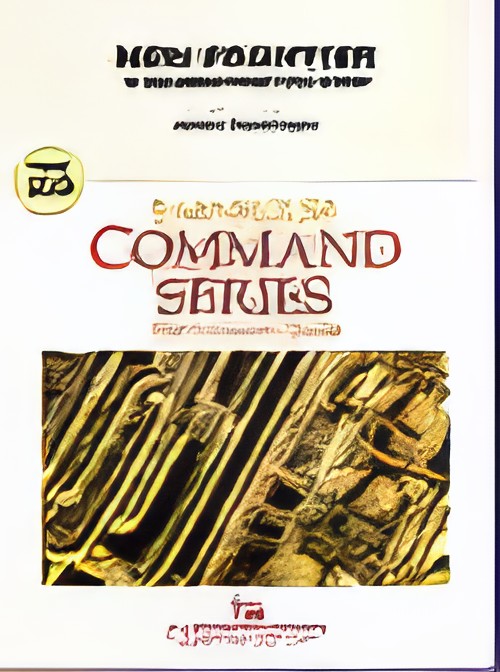 £59.00
£59.00New Frontier (A Celebration for Band) (Concert Band - Score and Parts) - Swearingen, James
Right from the start, the captivating sounds of percussion and powerful chords lay the groundwork for an exciting and energetic work that is sure to inspire one and all. Each instrument has been scored with special attention, and you'll find the overall musical content to be filled with themes that sing "from the heart." The middle section includes an optional solo for that gifted flutist. You can be assured that this piece will be very popular with your talented musicians. A guaranteed winner! Duration: 4.45
Estimated dispatch 7-14 working days
-
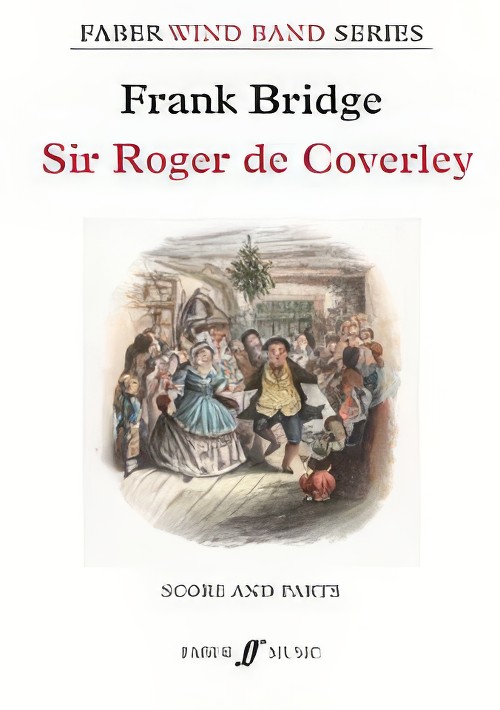 £79.99
£79.99Sir Roger de Coverley (Concert Band - Score and Parts) - Bridge, Frank - Wheeler, Alastair
Frank Bridge (1879 - 1941) was one of the leading English composers of his time. In October 1922 he adapted his popular string quartet Sir Roger de Coverley for full symphony orchestra and Sir Henry Wood agreed, at the last minute, to include it in the last night of the Queen's Hall Promenade Concerts at the end of that month. This elaborate and colourful orchestral version has never been widely performed, but has now been brilliantly transcribed by Alastair Wheeler to provide a miniature dance poem for grade 5 level concert band. Bridge's lively treatment of one of England's most famous traditional dance melodies will make a fitting end to any concert, with the strains of Auld Lang Syne introduced by Bridge as a nod towards Sir Roger de Coverley's traditional function as the final dance of a Christmas Ball, as it was in Old Mr. Fezziwig's party in Dickens' A Christmas Carol.
Estimated dispatch 7-14 working days
-
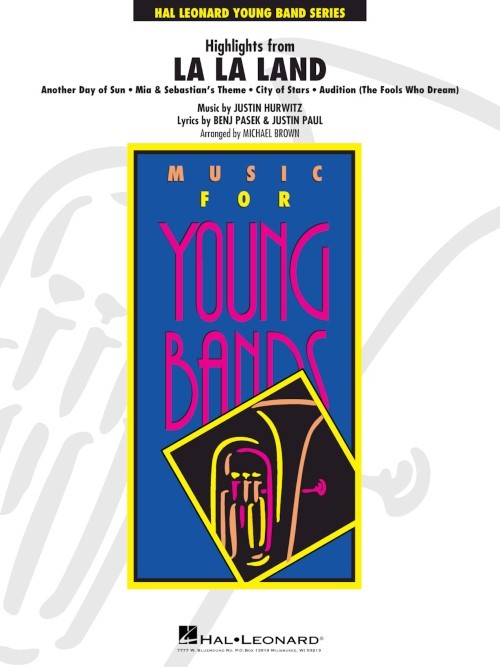 £76.99
£76.99La La Land, Highlights from (Concert Band - Score and Parts) - Pasek & Paul - Brown, Michael
The critically acclaimed and widely popular movie musical La La Land features fresh-sounding songs and an award-winning soundtrack. Beautifully scored for concert band, this medley includes Another Day of Sun, City of Stars, Mia & Sebastian's Theme, and Audition (The Fools Who Dream).
Estimated dispatch 7-14 working days
-
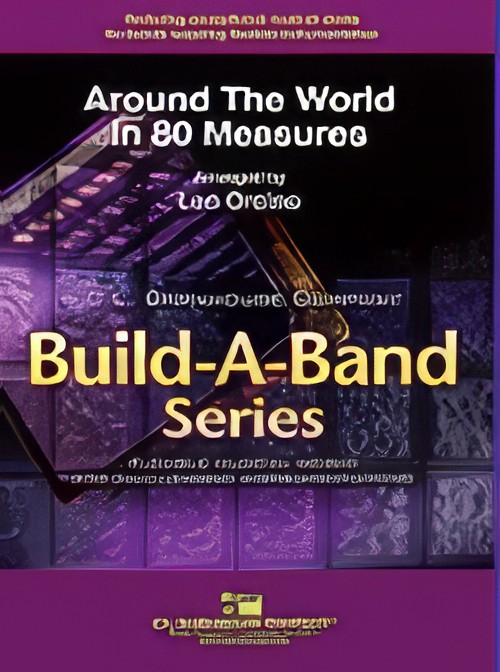 £60.00
£60.00Around the World in 80 Measures (Flexible Ensemble - Score and Parts) - Orcino, Leonard A.
Len Orcino's popular musical tour around the globe, Around The World In 80 Measures is now accessible to bands with even the most awkward instrumentation in this Build-A-Band edition. As they enjoy the music, listeners can try to identify the country the melody portrays. Includes visits to 18 countries via familiar melodies. A musical worldwide travel adventure that's fun for all!Duration: 2.45
Estimated dispatch 7-14 working days
-
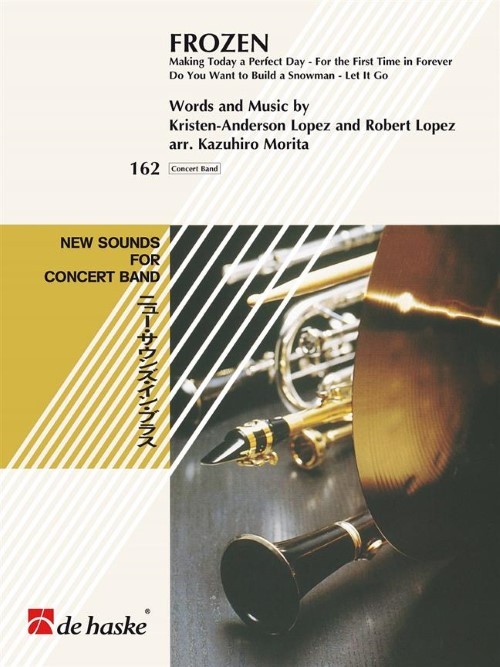 £118.99
£118.99Frozen (Concert Band - Score and Parts) - Anderson-Lopez & Lopez - Morita, Kazuhiro
The movie 'Frozen' is one of the most popular Walt Disney Animation films of recent years. Kazuhiro Morita made an impressive medley for the famous series 'New Sounds for Concert Band' containing Do You Want To Build A Snowman, For the First time in Forever, Making Today A Perfect Day and Let It Go. Duration: 8.15
Estimated dispatch 7-14 working days
-
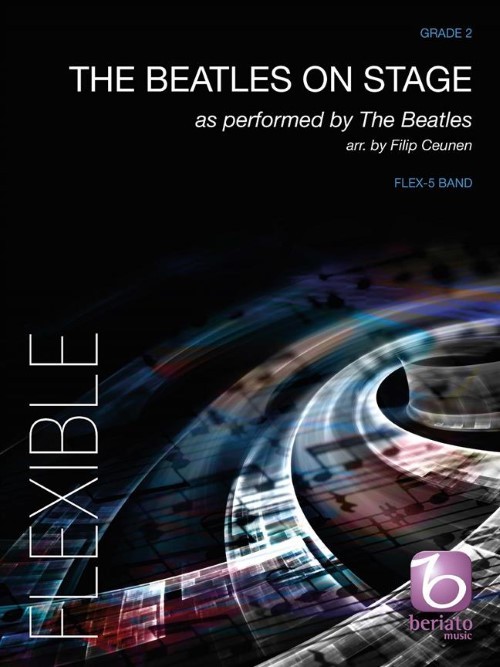 £84.99
£84.99The Beatles on Stage (Flexible Ensemble - Score and Parts) - Lennon & McCartney - Ceunen, Filip
The Beatles remain today, extremely popular amongst all generations. Many arrangements of their famous hits have been created in a variety of instrumentations. Hardly any versions for flexible 5-voiced wind ensemble exist. With this arrangement, you can now play all of their chart hits with almost any combination of wind and brass instruments.Duration: 4.45
Estimated dispatch 7-14 working days
-
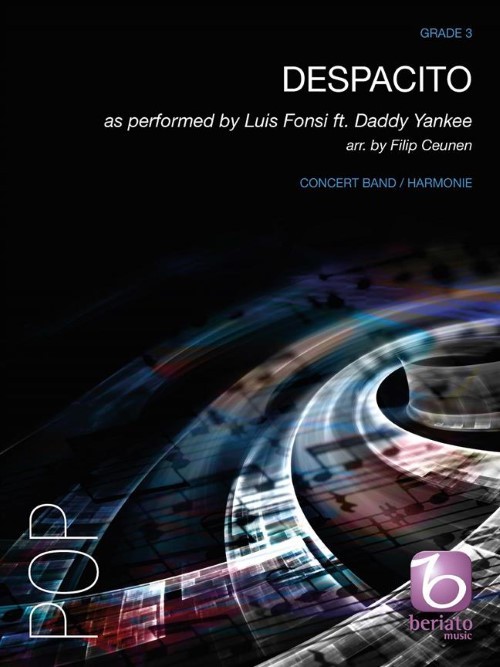 £84.99
£84.99Despacito (Concert Band - Score and Parts) - Ceunen, Filip
Despacito was without doubt the most popular summer hit, not only smashing all charts, but also breaking records on YouTube! In some parts of the world, there was controversy about the lyrics, which made this song even more iconic than it already was. This nice, playable arrangement will conserve the summer mindset of you audience!
Estimated dispatch 7-14 working days
-
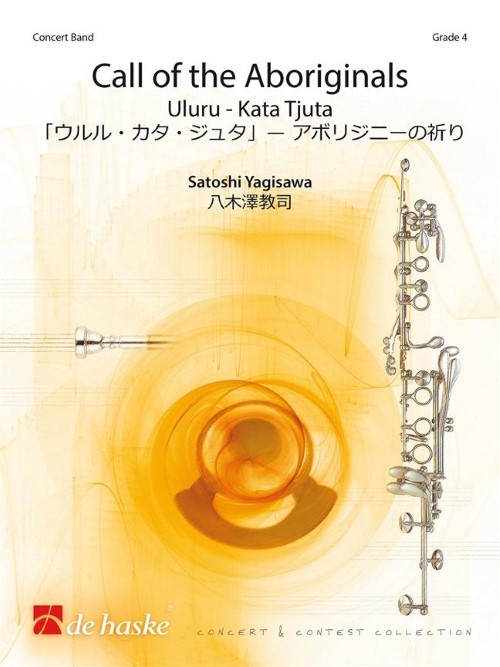 £137.99
£137.99Call of the Aboriginals (Concert Band - Score and Parts) - Yagisawa, Satoshi
Call of the Aboriginals - Uluru - Kata Tjuta was commissioned by Nara Municipal Ichijo Senior High School Symphonic Band, Nara City, Nara Prefecture, Japan, to commemorate their 60th anniversary. Uluru, also known as Ayers Rock, is an immense monolith rising in the vastness of the Australian outback. Famously also known as Ayers Rock, it is listed by UNESCO as a World Heritage Site. It is a sacred site for the Aboriginal people of the area, the Pitjantjatjara Anangu, but has also become a popular tourist destination, creating cultural and environmental conflicts. This work, which is written in a style typical of the composer, tells a dramatic tale adventure inspired by the life of the indigenous people and the magnificent scenery of Uluru. This work is suited for contests as well as thematic concerts. Duration: 7.45
Estimated dispatch 7-14 working days
